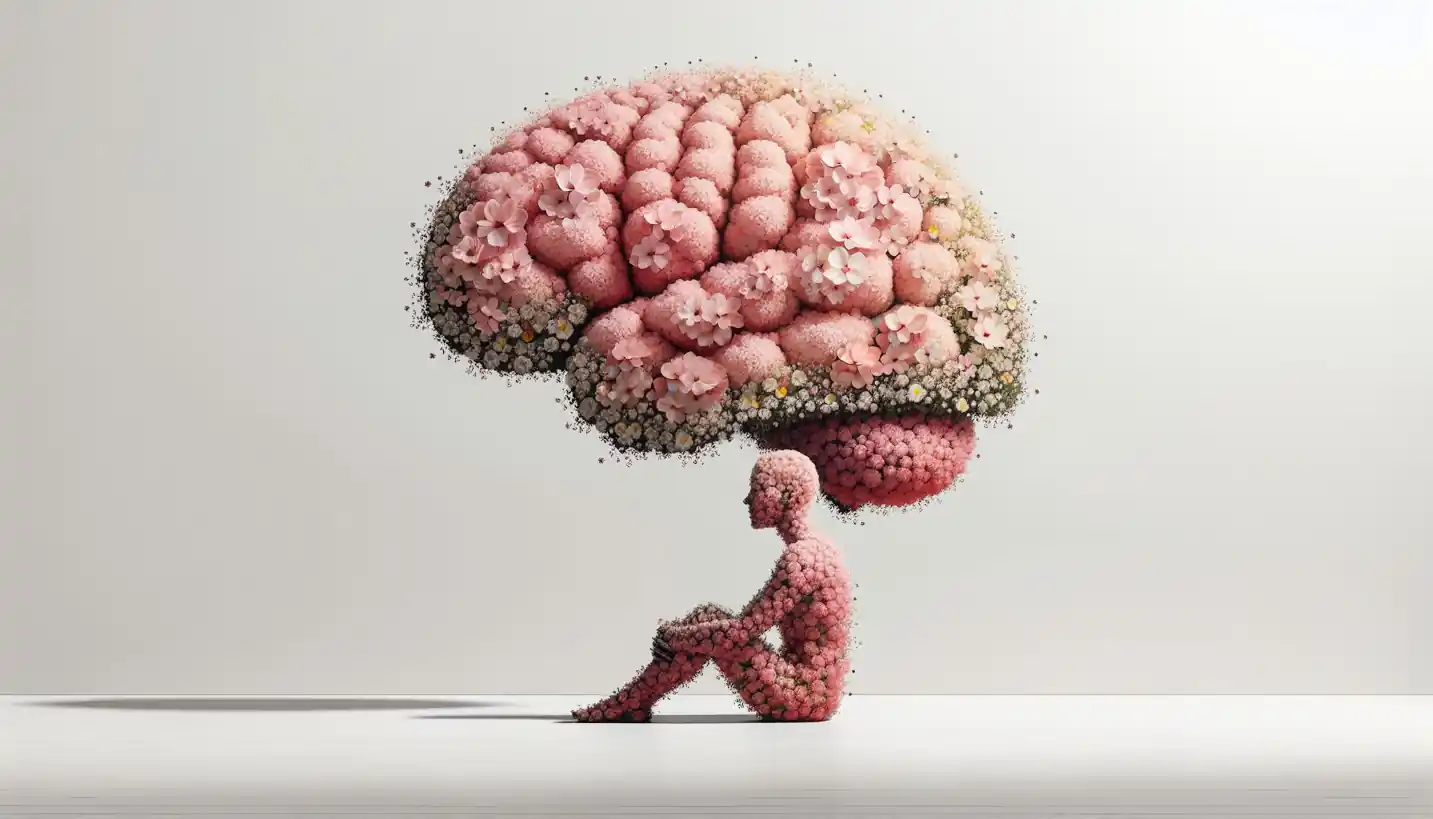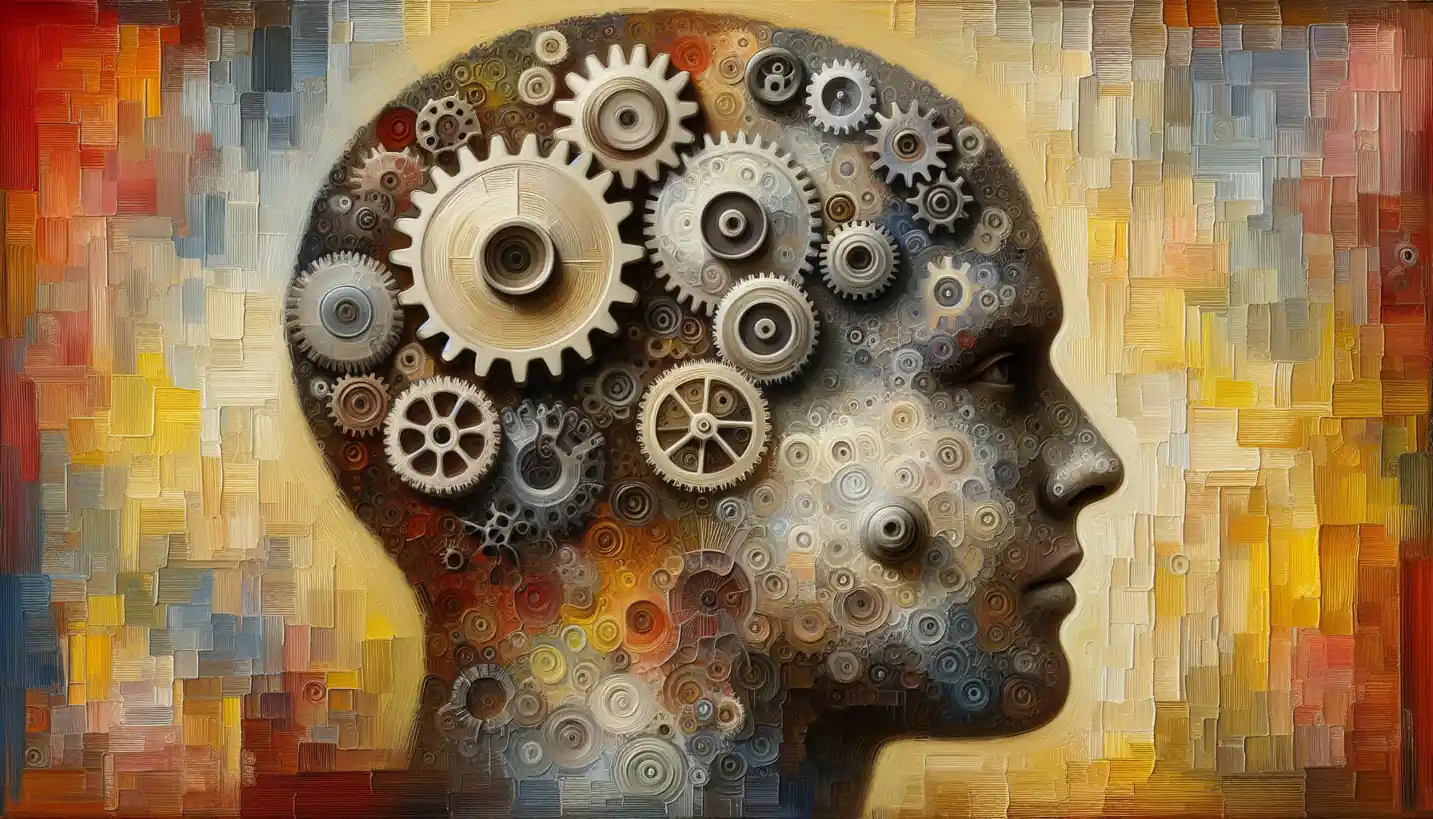
Cognitive Aging: Understanding the Mind's Journey Through Time
Cognitive aging explores how age impacts our mental processes, offering insights into the changes our minds undergo over time.

Cognitive aging explores how age impacts our mental processes, offering insights into the changes our minds undergo over time.

Personal space plays a vital role in our daily interactions. Delve into how environmental psychology explains these invisible boundaries.

Informational social influence makes us look to others for cues on how to behave, particularly when uncertain. Discover how this can lead to collective decision-making.

Neurotransmitters are vital chemical messengers in the brain. Discover their role in mood, behavior, and mental health.

Implicit memory quietly shapes your habits and skills. Discover its hidden influence with insights from cognitive psychology.

Training and development are key to unlocking potential in the workplace. Learn how continuous growth can lead to long-term success and innovation.

Gratitude journaling is a simple practice with profound effects on your well-being. Discover how recording thankfulness can transform your mindset and life.

Glial cells, often overlooked, are crucial for brain support, making them true unsung heroes.

Delve into signal detection theory to uncover how we perceive and interpret the world around us.

The environment of evolutionary adaptedness helps explain our psychological foundations, offering insights into how our ancestors shaped our minds.

Employee engagement is vital for company success and personal satisfaction. Explore practical ways to unlock potential through meaningful work interactions.

Imitation versus emulation examines different modes of social learning. Discover how animals learn from copying exactly or just catching the idea.